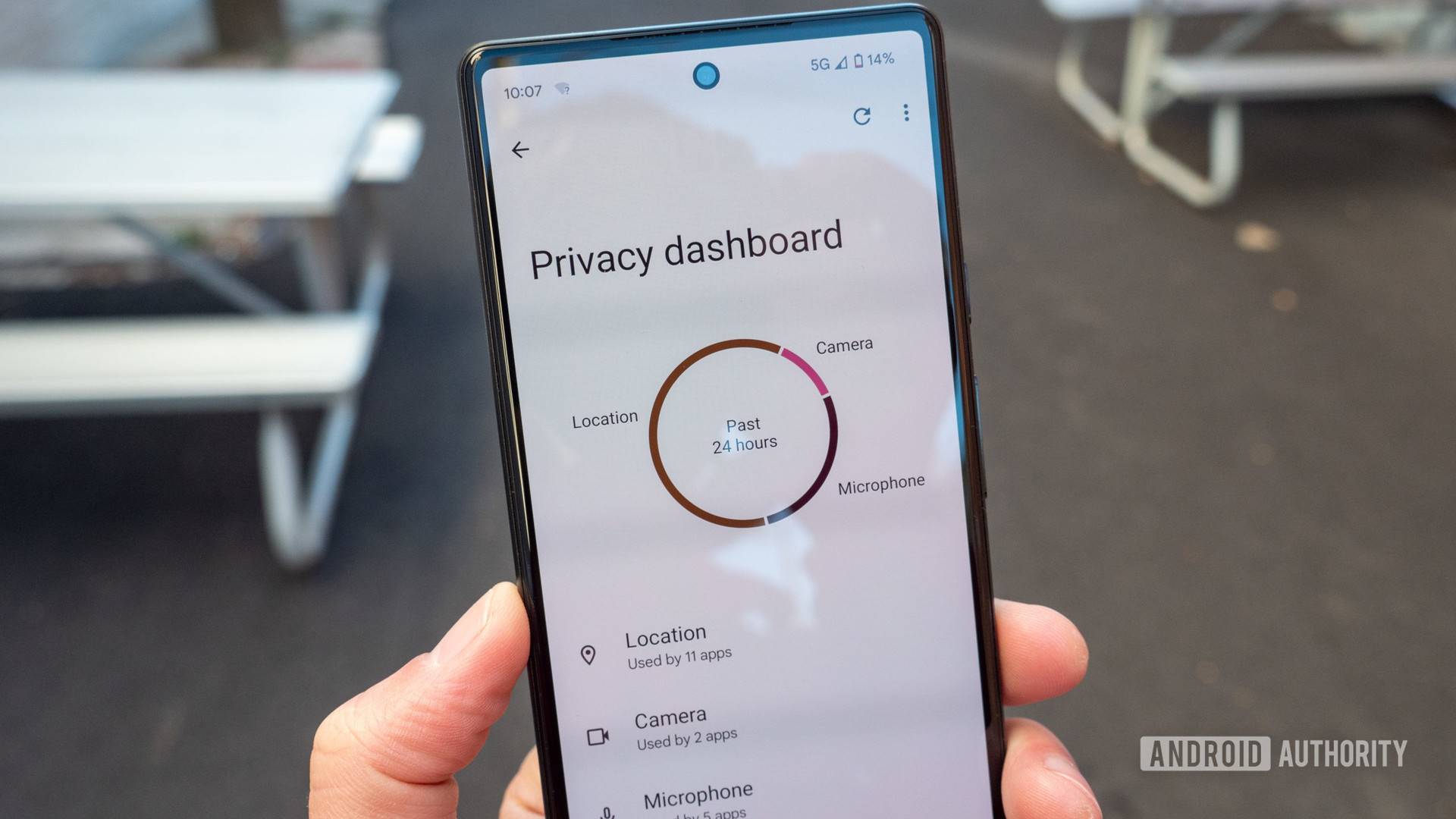Google’s plan to limit data tracking on its Chrome browser has been extended to cover apps on its Android-based smartphones

Google launches Privacy Sandbox for Android – Android Authority
Its so-called Privacy Sandbox project aims to curb the amount of user data that advertisers can gather.
Rival Apple now forces app developers to ask permission from users before tracking them.
The news will be a blow to firms like Meta, which rely on putting their code on apps to track consumer behavior.
Meta said this month that Apple’s changes would cost it $10bn (£7.3bn) this year. Google’s Android operating system is used by about 85% of smartphone owners worldwide.
No detail
Third-party cookies, which use people’s browsing history to target adverts, will be phased out on Google’s Chrome browser by 2023.
In a blog, Google said it was now extending what it calls its Privacy Sandbox to Android apps, and working on solutions that will limit sharing users’ data and “operate without cross-app identifiers, including advertising ID”.
These identifiers are tied to smartphones and are used by apps to collect information. Google said that it will keep them in place for at least two years, while it works “with the industry” on a new system.
Google announces crackdown on in-app billing, aimed at Netflix and Spotify
“We’re also exploring technologies that reduce the potential for covert data collection, including safer ways for apps to integrate with advertising SDK (software developer kits),” it added.
The tech giant did not detail how it plans to do this.
Apple decided in April last year that app developers had to explicitly ask for permission from users to use IDFA (Identifier for Advertisers). Data from advertising company Flurry Analytics, published by Apple, suggests that US users are choosing to opt-out of tracking 96% of the time.
Google’s blog did not name Apple, but referred instead to “other platforms” which it said, “have taken a different approach to ads privacy, bluntly restricting existing technologies used by developers and advertisers”.
“We believe that – without first providing a privacy-preserving alternative path – such approaches can be ineffective,” it added.
Google, unlike Apple, relies on advertising revenue.
Google’s attempts to create alternatives to third-party cookies on its Chrome browser have not gone entirely smoothly.
Its first proposal -a system called Federated Learning of Cohorts (Floc) – was disliked by privacy campaigners and advertisers alike.
Floc aimed to disguise users’ individual identities by assigning them to a group with similar browsing histories.
Real-time bidding
Its successor, Topics, was announced recently and aims instead to group users in topic clusters selected out of about 350 categories such as fitness or travel. When someone visits a website, Topics will show the site and its advertising partners three of their interests from the previous three weeks.
The Competitions Market Authority has been scrutinizing Google’s transition to more privacy-focused systems and said of its plans to extend them to Android apps: “We will continue to monitor this closely and engage with Google on the nature and detail of its proposals.”
The average app includes at least six third-party trackers that are there solely to collect and share online data, according to a report commissioned by Apple last year.
And anyone data broker is estimated to have data on up to 700 million consumers, according to research firm Cracked Lab.
Regulators, such as the UK’s Information Commissioner’s Office, are investigating the advertising ecosystem, especially the way ads are sold – known as real-time bidding – which automatically places billions of online adverts on web pages and apps every day.
Napomena o autorskim pravima: Dozvoljeno preuzimanje sadržaja isključivo uz navođenje linka prema stranici našeg portala sa koje je sadržaj preuzet. Stavovi izraženi u ovom tekstu autorovi su i ne odražavaju nužno uredničku politiku The Balkantimes Press.
Copyright Notice: It is allowed to download the content only by providing a link to the page of our portal from which the content was downloaded. The views expressed in this text are those of the authors and do not necessarily reflect the editorial policies of The Balkantimes Press.
